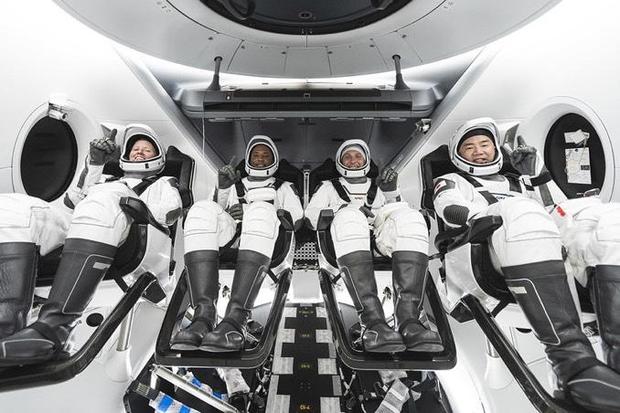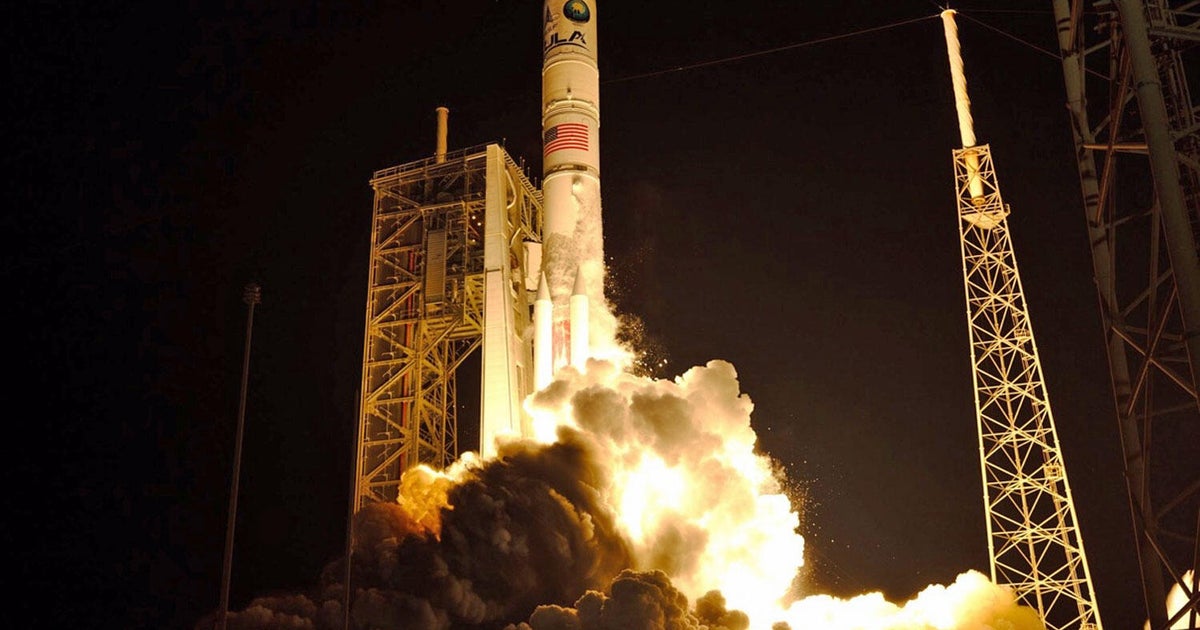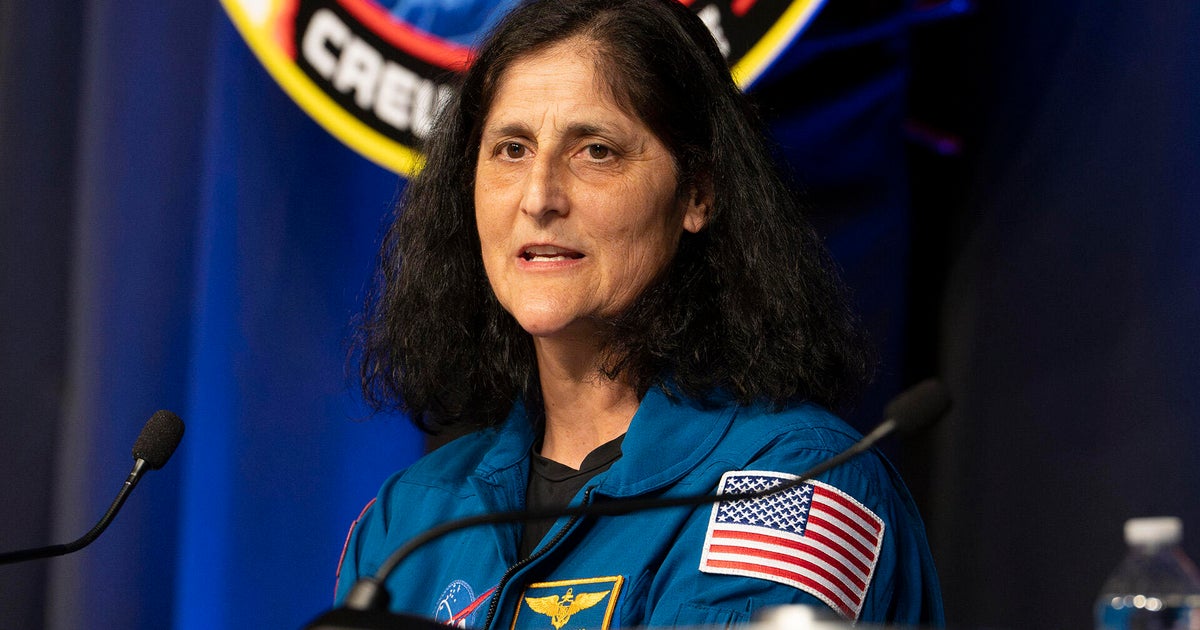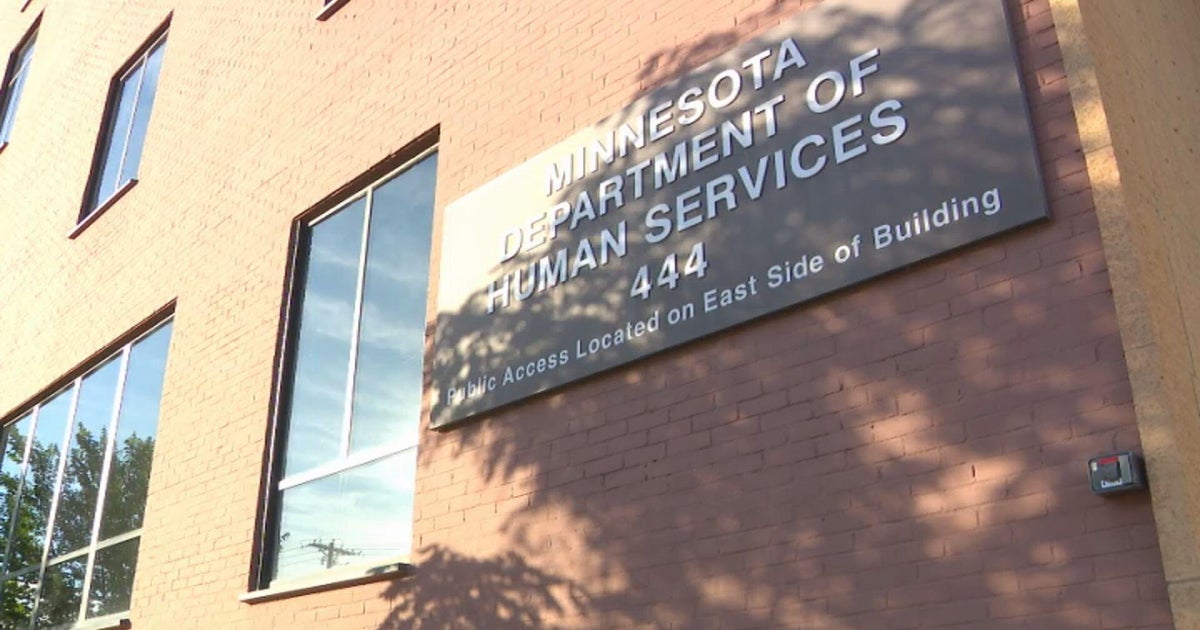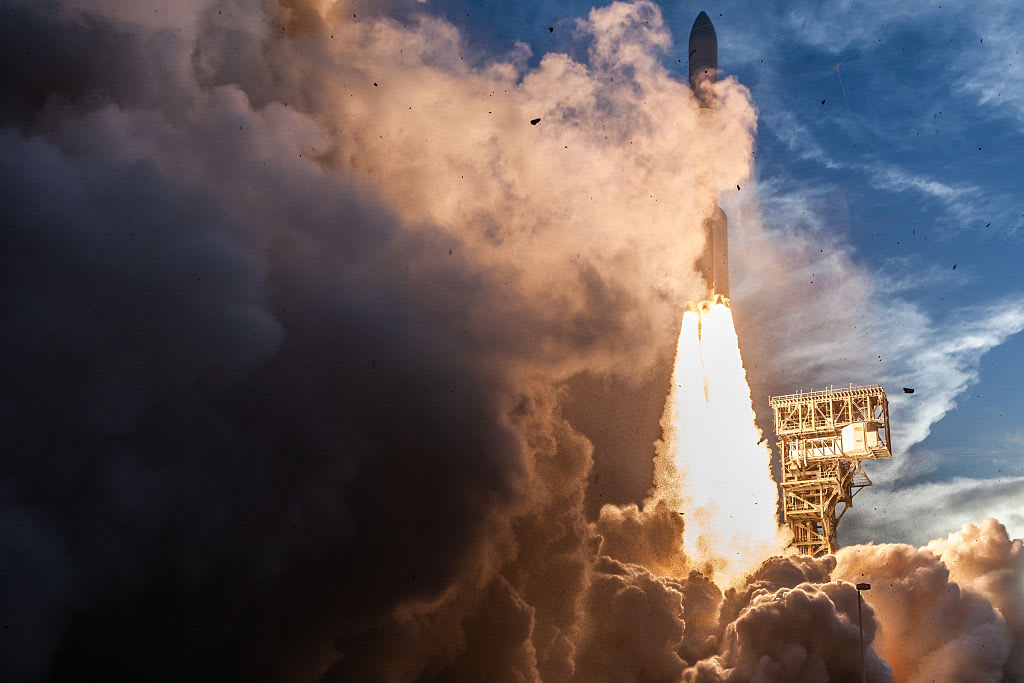NASA retargets next SpaceX Crew Dragon launch to space station for November 14
NASA is retargeting launch of the next SpaceX Crew Dragon spacecraft for November 14 amid ongoing reviews of recent engine problems with SpaceX's Falcon 9 rocket, the space agency announced Monday. The spacecraft will carry four astronauts to the International Space Station for a planned six-month stay.
Following the successful Crew Dragon "Demo 2" test flight this summer that carried two astronauts to and from the lab complex, NASA managers were ready to press ahead with operational astronaut ferry flights, starting with the Crew-1 mission.
But the flight was delayed from this month to next in the wake of a turbopump issue with one or more engines in a SpaceX Falcon 9 rocket that triggered a launch abort October 2 at the Cape Canaveral Air Force Station.
No details were provided other than a tweet from SpaceX founder Elon Musk saying the abort was triggered by an "unexpected pressure rise" in first-stage engine turbopump machinery.
Amid troubleshooting to pin down and resolve what went wrong, SpaceX pressed ahead with three launches of the company's Starlink internet satellites, all of them successful.
NASA managers plan to hold a media teleconference Wednesday to discuss plans for the Crew-1 launch "including results from recent testing of the Falcon 9 Merlin engines" in the wake of the launch abort, the agency said in a statement.
The Crew-1 flight will follow another Falcon 9 launch on November 10 from Vandenberg Air Force Base, California. The piloted mission will fly "following a thorough review of launch vehicle performance."
On board will be Crew-1 commander Michael Hopkins, pilot Victor Glover, Shannon Walker and Japanese astronaut Soichi Noguchi. Hopkins, Walker and Noguchi are spaceflight veterans while Glover will be making his first flight.
Liftoff from historic pad 39A at the Kennedy Space Center is planned for 7:49 p.m. EST, setting up an automated rendezvous and docking at the space station's forward port eight hours later, just after 4 a.m. the next morning.
NASA is counting on SpaceX's Crew Dragon and Boeing's CST-100 Starliner to end the agency's sole reliance on Russian Soyuz rockets and spacecraft to ferry U.S. and partner astronauts to and from the International Space Station.
Astronaut Kate Rubins used the agency's last currently contracted Soyuz seat when she and cosmonauts Sergey Ryzhikov and Sergey Kud-Sverchkov blasted off from the Baikonur Cosmodrome in Kazakhstan on Oct. 14, docking at the station three hours later. Rubins' seat aboard the Soyuz MS-17/63S spacecraft cost NASA $90 million.
